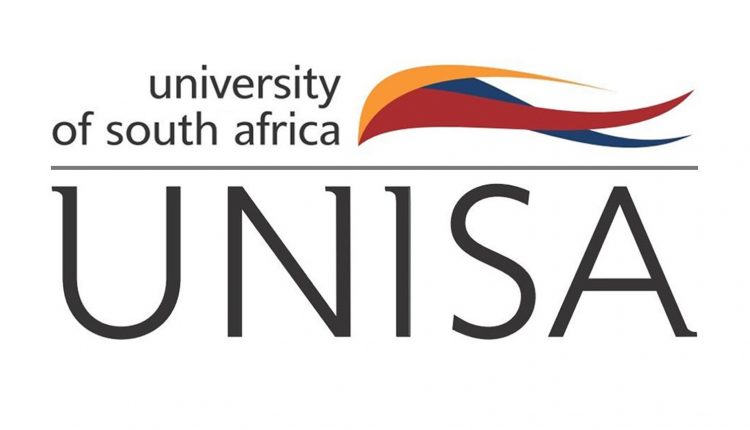University of South Africa: Major boost for renewable energy research at Unisa
The first project that is being funded by UNIDO involves the collation of data on agricultural and/or agro-processing organic waste streams for the development of biogas feedstock nationwide. Seven feedstock streams were identified by the research group led by Matambo as potential feed for biogas production. “The feedstock streams include beef feedlots, poultry, piggery, dairy, abattoir, food waste and agricultural waste (vegetable/horticulture),” says Matambo.
The research team identified the biogas potential of the feedstock as a reference point for commercial biogas production. The team is currently collecting data from all nine provinces of South Africa to assess, quantify and locate organic waste streams. Moreover, the team aims to conduct feedstock spatial mapping in order to determine possible sites for biogas digester installation.
A green alternative to chemical fertiliser
The second project involves biogas production from the feedstock streams, with the primary objective of assessing the bio-slurry (bio-fertiliser) as an alternative to chemical fertiliser. Seven 600-litre prototype biogas digesters were set up in a greenhouse at Unisa’s Science Campus. The bio-fertiliser will be tested first on spinach growth and then on field crops. The projects fall under the UNIDO’s programme of “Promoting organic waste-to-energy and other low-carbon technologies in small, medium and micro-scale enterprises (SMMEs): Accelerating biogas market development in South Africa”.
The Unisa team led by Matambo comprises of, among others, Dr Pierre Adriaanse and Madodomzi Mafanya, attached to the College of Agriculture and Environmental Sciences, and members of Unisa Enterprise, a collective that provides an approach and framework for creating a culture of entrepreneurship at the university.
On 29 August 2022, Alois Mhlanga (project manager) and the team from UNIDO Vienna, Austria, together with representatives from the DFFE, visited Unisa to discuss and the progress of the project. The possibility of Unisa being a testing facility for potential biogas feedstock testing was discussed.
A building block for South African biogas production
The Southern African Biogas Industry Association (SABIA) also met with the Unisa team and has shown interest in working with the university. The data collected and reports from the project will be entered into SABIA’s database to be made available to all players in the biogas industry. The report will play a crucial role in biogas promotion and production in South Africa. Under the project, the Unisa team will be visiting a dairy farmer in Limpopo who has shown interest in the technology.
The overall aim of the project is to report and develop a database for South Africa which will be compared with the global database.
Earlier this year, Matambo was recognised for his National Research Foundation C3 rating during Unisa’s 2022 Research and Innovation Awards that were held virtually. He is currently involved in the supervision of four master’s and seven doctoral students, and heads the biotechnology research group at IDEAS.
His engaged scholarship projects involve the installation of biogas digestors in communities in Gauteng province. The engaged scholarship projects are conducted in partnership with the Institute for Corporate Citizenship and South African National Energy Development Institute.

